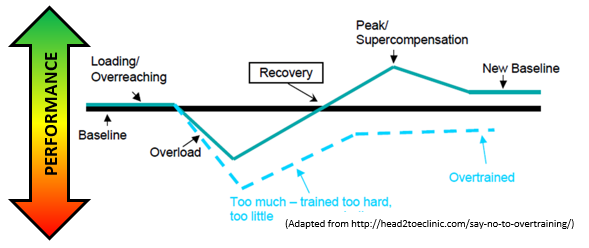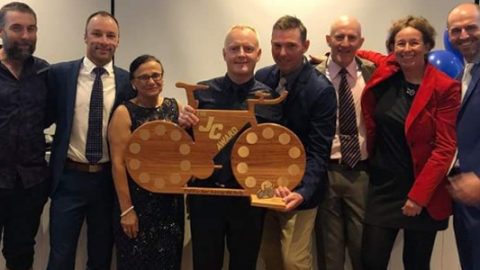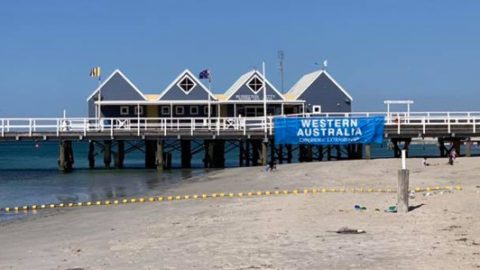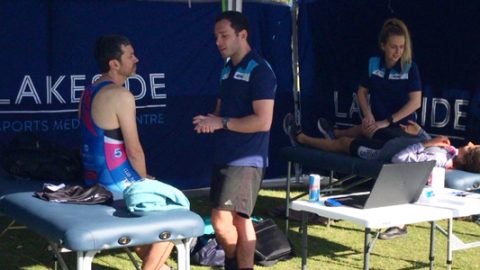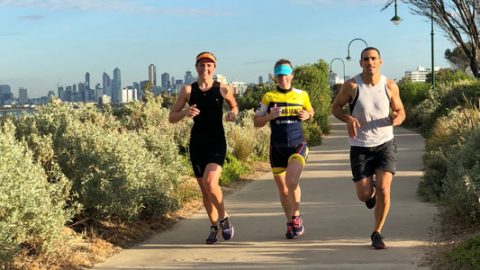Welcome to your bi-monthly ‘Sport Science Snippet’. As coaches we tell you to train at different intensities, watch your heart rates, improve your strength, stretch, check your technique, take a break, eat better and sleep more, but do you know why? Throughout these snippets, Frankie will delve into the world of sports science and explain to you why we do what we do! With so much information out there we hope that these little snippets will provide you with some clarity and guidance. Feedback and questions are always welcome, so feel free to shoot Frankie a message on the TA website: @francesctaylor
We have got to the month of ‘Fat April’. If you are new to TA, this is simply a time to switch off after a season of early mornings, hard work and LOTS of running, cycling and swimming. Enjoy the time with your family, sleep in and take up a hobby that you’ve always wanted to try (check out soccer volleyball on YouTube).
For those of you who are freaking out about losing fitness over this period- fear not! Here are some reasons why you NEED to take time off to improve:
Shakespeare was right when he declared that you can have ‘too much of a good thing’. While a couple of glasses of red wine can help with cholesterol, a whole bottle every night will most likely lead to fatty liver disease. Exercise works in a similar way. Too much training inhibits our ability to adapt to exercise. This means that we see a decrease in our normal exercise performance and at the same time it is harder for us to recover from a training session. We predispose ourselves to a higher risk of infections, we are more likely to injure ourselves, and we start to lose interest in sustaining high-level training.
However many athletes find that ‘rest’ is something they want to avoid. Instinctively they feel that a decrease in performance can only be overcome by more training. Yet, to date, science unequivocally tells us that increased training does not always equal increased performance. Rest allows our body to adapt to our increased training loads, prevents decreased sub-maximal and maximal heart rates and makes us far less moody! Here is a little diagram to explain:
It should be noted however, that just like our training, our rest can be individualised. Your rest period is dependent on the type and duration of stress you’ve been under (i.e long course athletes may have longer rest periods), your situational condition and can be passive or active. If you’re unsure – ask a coach!
So please, relax, take a break and put your feet up! After all, before you know it the month of May will be upon us and we will begin to take a closer look at technique. Trust me when I say you need a well-rested brain to benefit from these sessions… but that’s another sports science story.


